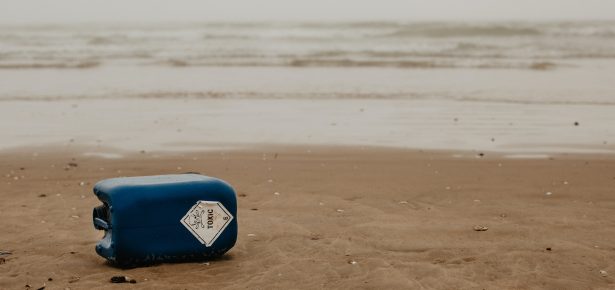
With a large number of Britons “staycationing” in the UK due to the ongoing COVID-19 pandemic, there is a greater emphasis on the recreational value of England’s rivers. From canoeing to fishing, as well as walking along the riverbank, many forms of leisure activity rely on England’s rivers being clean and free from commercial and domestic waste.
The law reflects this, with various obligations related to the treatment and discharge of sewage being imposed on England’s private water and sewage companies. Yet despite these laws, sewage is routinely discharged into England’s rivers. This is partly due to the waiving of particular obligations to treat sewage due to a shortage of the chemicals used to treat sewage pre-discharge, in addition to a general failure of the water and sewage companies to comply with their legal obligations.
These discharges have a real impact on the cleanliness of England’s Rivers. In April this year the Environmental Audit Committee heard evidence that tourists and residents in England are sitting alongside and paddling in human sewage. The impact of such discharges has not gone unnoticed, with various individuals and non-governmental organisations outraged at the negative impact such discharges have on the cleanliness of England’s rivers.
As a consequence of these discharges, the public is increasingly interested in holding water and sewage companies to account for how they treat and discharge sewage. It is here that the right of access to environmental information helps control sewage discharge through the Environmental Information Regulations 2004 (the Regulations).
The Regulations enable individuals to request access to environmental information, such as information on sewage discharge, from public authorities and certain private bodies. By disclosing such information water and sewage companies are obliged to make their operations, in particular how they treat and discharge sewage, more transparent.
Water companies in England have sought to reduce the transparency of their operations by claiming that they are not subject to the duty to disclose environmental information as set out in the Regulations. However, in the case of Fish Legal the Upper Tribunal, following the approach set out the by Court of Justice of the European Union, held that private water companies were obliged to disclose environmental information under the Regulations.
The ability for individuals to access information sewage discharge from water and sewage companies may initially appear to be a small victory. In practice however, the ability to access such information acts to empower citizens to act against such discharges. Knowing what companies unlawfully discharge raw sewage allows individuals to report them to the Water Services Regulation Authority for enforcement action; identifying a lack of enforcement proceedings against such authorities can fuel demands for regulatory reform; and, being aware of where sewage is discharged allows individuals to avoid swimming in it.
In this way, the right of access to environmental information is not merely a means for users to become informed about environmental matters. It acts to empower individuals to become informed about and act to safeguard the quality of England’s rivers. At the broader level, it also empowers individuals to participate in and engage with environmental governance, enhancing how the environment it protected and protecting it for future generations.
Latest Comments
Have your say!